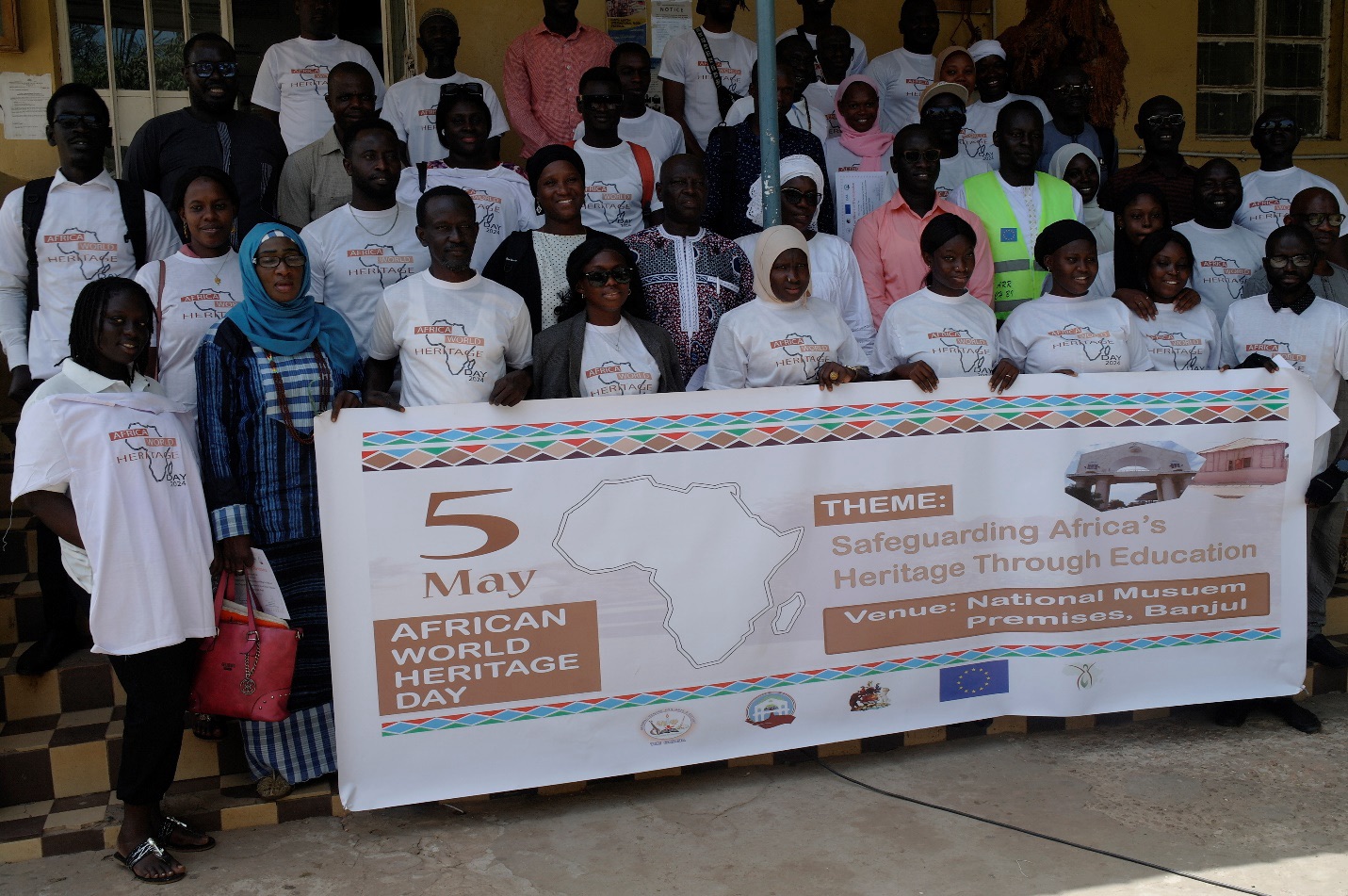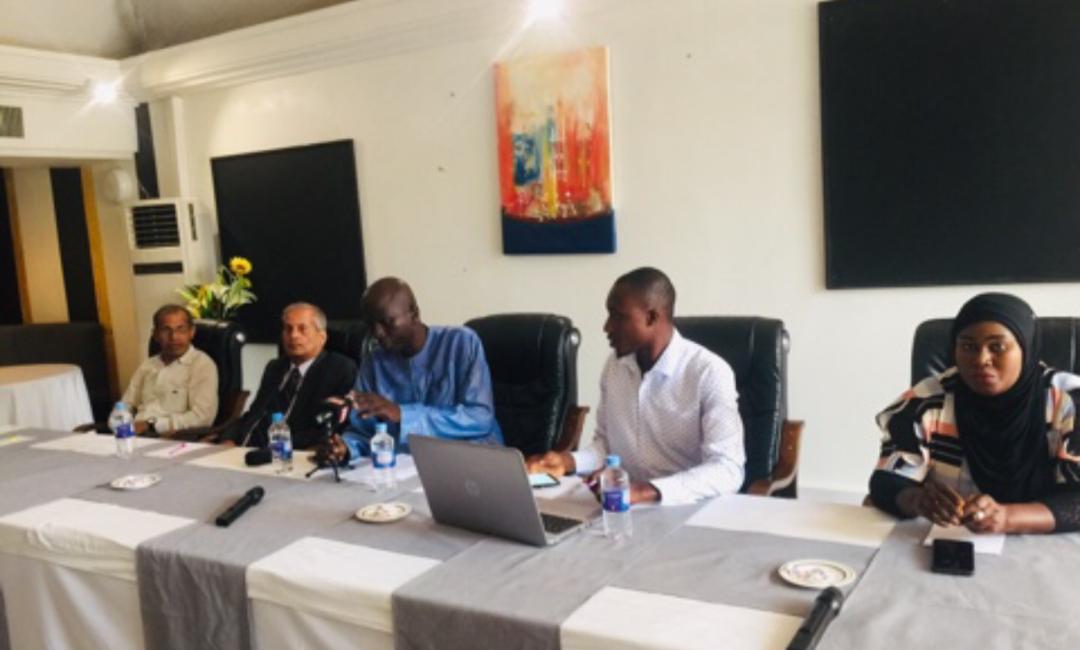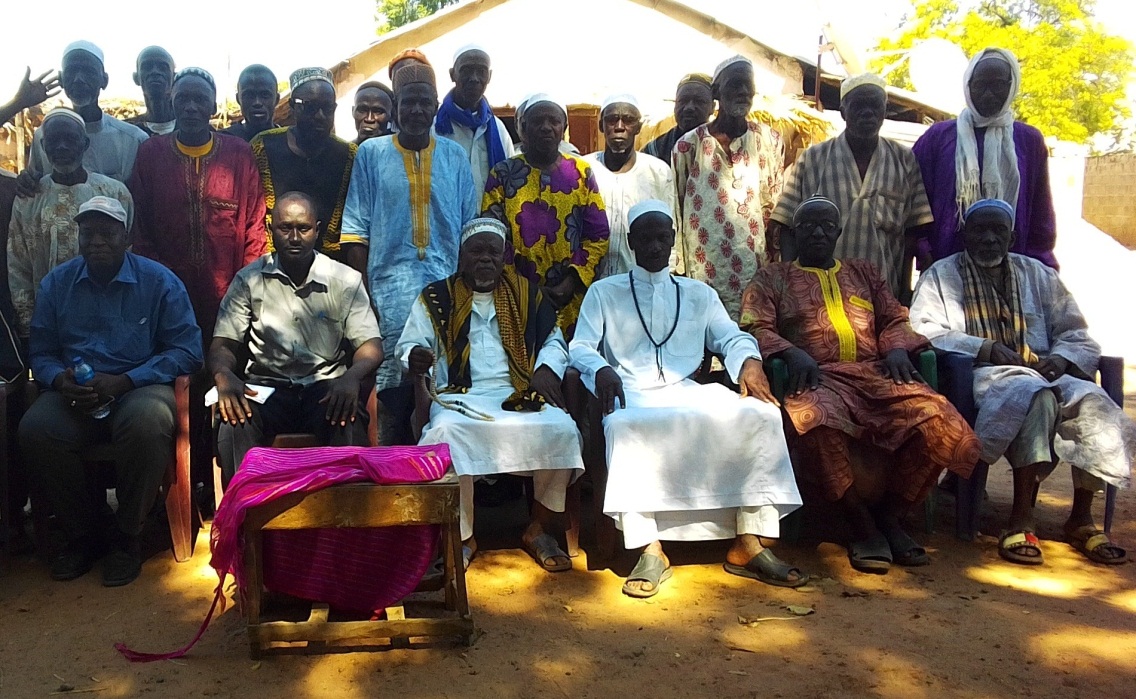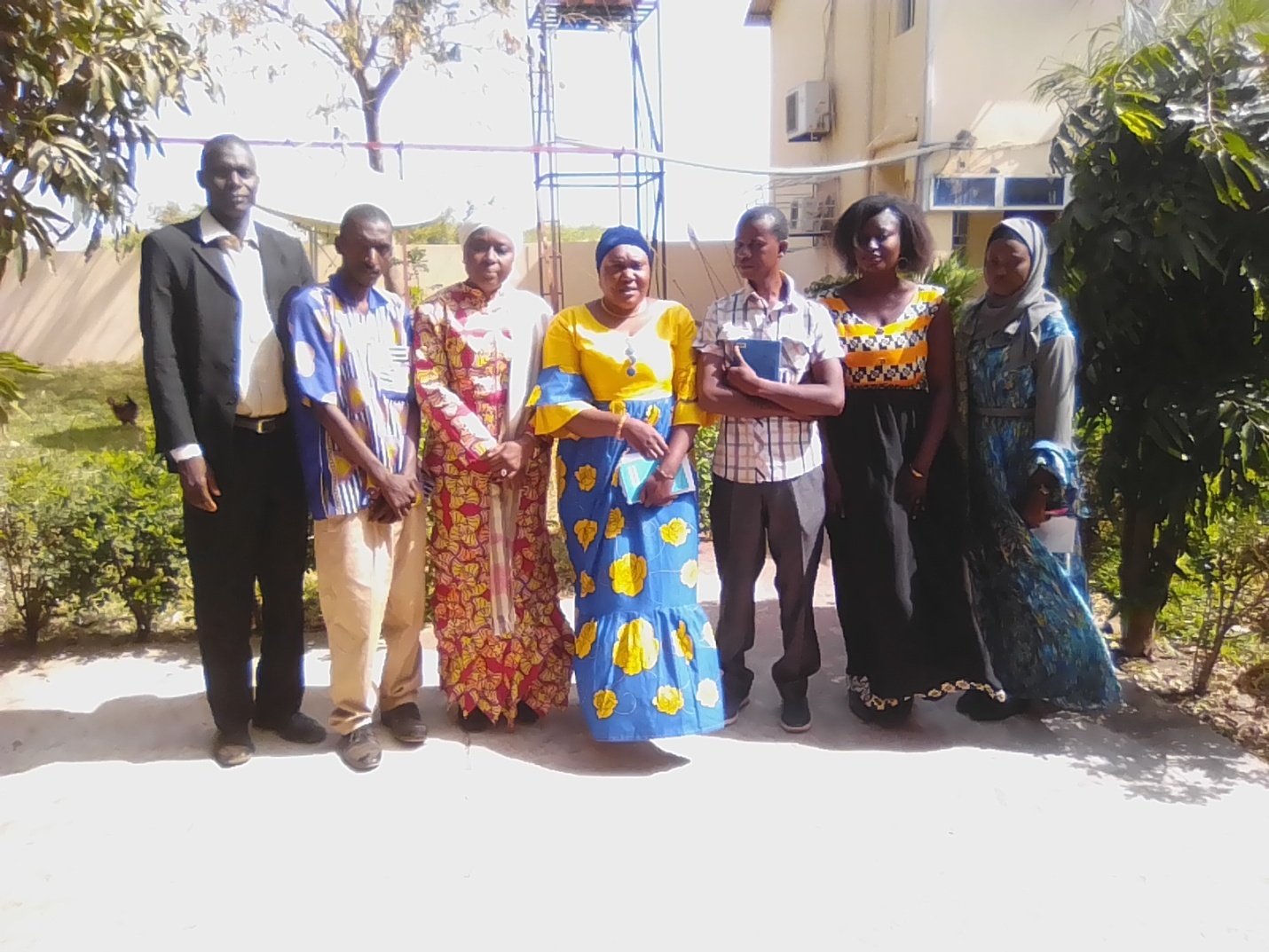By Yunus S Saliu

Celebrating the exceptional cultural and natural heritage of the African continent, the National Centre for Arts and Culture in partnership with the Banjul City Council (BCC) and others celebrates the 9th edition of the Africa World Heritage Day in The Gambia.
This year’s edition was celebrated under the theme Educate and Skill Africa for the 21st Century.
In his opening remarks, Hassoum Ceesay, Director General of the National Centre for Arts and Culture gave a brief background on African World Heritage Day (AWHD) saying it is an international day proclaimed by UNESCO Member States in November 2015 to celebrate the exceptional cultural and natural heritage of the African continent.
AWHD, he said, constitutes an opportunity for people around the world to celebrate one of Africa’s most precious resources: its irreplaceable cultural and natural heritage.
“In harmony with the African Union’s theme of the year for 2024, Educate and Skill Africa for the 21st Century, the NCAC partners with the Banjul City Council, heritage professionals and institutions, civil society organizations, local communities and the youth to participate in the celebration of the 9th edition of this international day under the theme “Safeguarding Africa’s Heritage through Education,” and sub-theme of Local Communities (youth and women) involvement in Heritage Management,” he disclosed.
As part of the activities for the celebration, the NCAC worked with the newly minted 25 youth tour guides from Banjul to celebrate the rich urban heritage of The Gambian capital highlighting the great potential that inheres in heritage as a source of employment, income, hope and identity for the city.
These tour guides were trained with the support of the EU-funded Banjul-Ostend City Link Project.
Delivering a motivational speech on behalf of the Lord Mayoress of Banjul Rohey Malick Lowe, the Deputy Mayor of Banjul Abdul Aziz Gaye Dabah dilated on the importance of the city as Banjul recently clocked 208 years of existence as a settlement of economic, political, and administrative hub for The Gambia.
“This means that it has a rich urban heritage which has for long not received due attention. This is unfortunate because the rich urban heritage of the city has the potential to positively transform the lives of the youth and women in the city through employment as tour guides, curio sellers, and others to make the city attain the desired status of sustainable community,” he explained.

Meanwhile, he recollected that in March 2024 City Hall with the Banjul-Ostend Link Worked with the National Centre for Arts and Culture to start a youth-led Tour Guiding Scheme for the City which twenty-five youths were chosen after a tough vetting process, “and these twenty-five youths undergone training on basic tour guiding that lasted for six days and this was followed by practical sessions where the trainees led tours Banjul interpreting the City’s rich build urban heritage,” he added.
However, he highlighted the opportunities of the Africa World Heritage Day activities will afford the participants which include receiving of certificate, making a visible cohort of tour guides dedicated to interpreting the history of the great city to visitors, and a lot more.
Therefore, he noted, by supporting this activity, the council shall be investing in a new area of youth empowerment/employment through heritage interpretation and entrepreneurship while outlining other importance of the event.
The celebration was attended by Isatou Drammeh, Deputy Permanent Secretary representing the Honorable Minister of Tourism and Culture, officials of MOTC, NCAC, BCC, and Ostend-Banjul Link Project among others, while certificates were issued to all the trainees.





